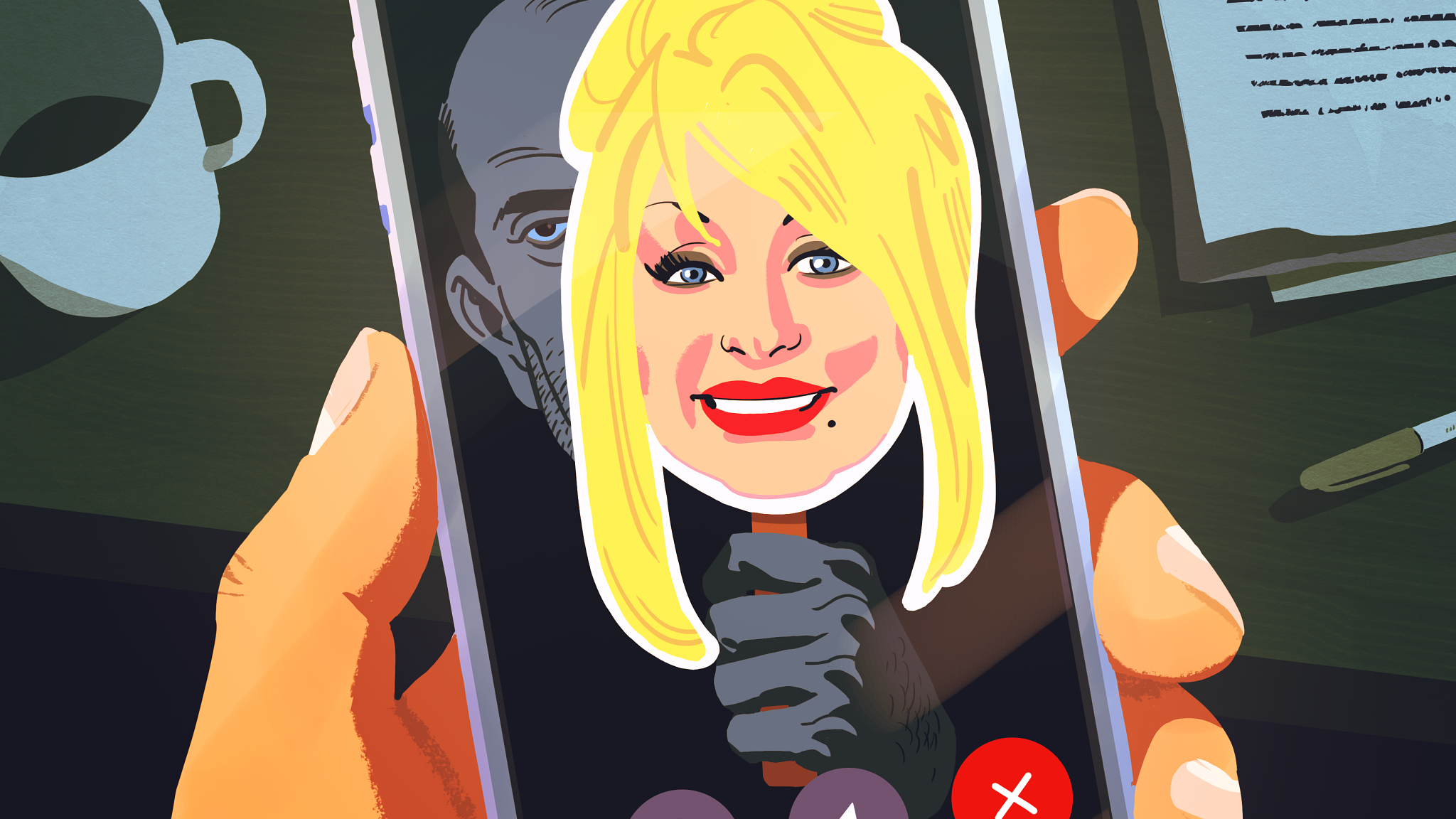AARP Hearing Center


In this story
How scams work • The AI effect • Protect yourself • If you're targeted
Country superstar Blake Shelton is so ruggedly handsome that People magazine once proclaimed him the “Sexiest Man Alive.” When J.R., a woman in her 60s in Alabama, heard she could enter a $1 million contest to be chosen the Grammy-winning singer’s fan of the year a few years ago, she decided to enter. To do so, she was told she needed to make three payments totaling $17,500 through wire transfers, which she did. But it was all a scam.
Shelton’s manager was not communicating with J.R. There was no $1 million contest. Shelton, who’s known across musical genres after more than 20 seasons as a coach on NBC’s The Voice, is among a cavalcade of performers who have publicly condemned the criminals who highjack their names for profit.
Victims’ losses can be significant. Impostor scams, which include criminals posing as celebrities, but more commonly as government agencies, banks or a friend or family member, were among the top fraud complaints to the Federal Trade Commission in 2024, with reported losses of nearly $2.95 billion (second only to investment scams).
How celebrity impostor scams work
Criminals who pose as celebrities follow a playbook, says Anthony Pratkanis, a professor emeritus of psychology at the University of California in Santa Cruz. They nurture a relationship with their target before the “ask.”
The scammer profiles the target in private massages to determine the best approach. If a victim is lonely, it’s a romance scam; if altruistic, it’s a charity scam.
The criminals invent excuses about why they (wealthy celebrities) supposedly can’t access their funds, Pratkanis says.
Recent calls to the AARP Fraud Watch Network Helpline (877-908-3360) reporting celebrity impostor scams included a woman who began communicating online with someone claiming to be Robert Plant from Led Zeppelin. She sent more than $23,000 to the scammer, who'd said the money would allow her to meet Plant.
The Helpline has also heard reports of scammers pretending to be Elon Musk, Michael Bolton, Dolly Parton, Steve Perry, and Chris Young, among many others.
AI's influence
Recent advances in artificial intelligence (AI) make these scams harder to identify. AI offers criminals the tools they need to mimic voices, alter photos and avoid the spelling and grammar mistakes that once were red flags for fraud.




































































More From AARP
What to Do If You've Just Been Scammed
How one woman worked quickly — with help — to avoid being charged through PayPal
How to Avoid Disaster Fraud and FEMA Scams
In the wake of natural disasters, scammers may pose as contractors, FEMA officials and other personnel
How You Can Stop Illegal Robocalls
What they are, how to recognize them and how to protect yourself from scam calls
How to Tell If Calls From Social Security Are Scams
Learn about tactics used in fraud and how to protect yourself
Recommended for You